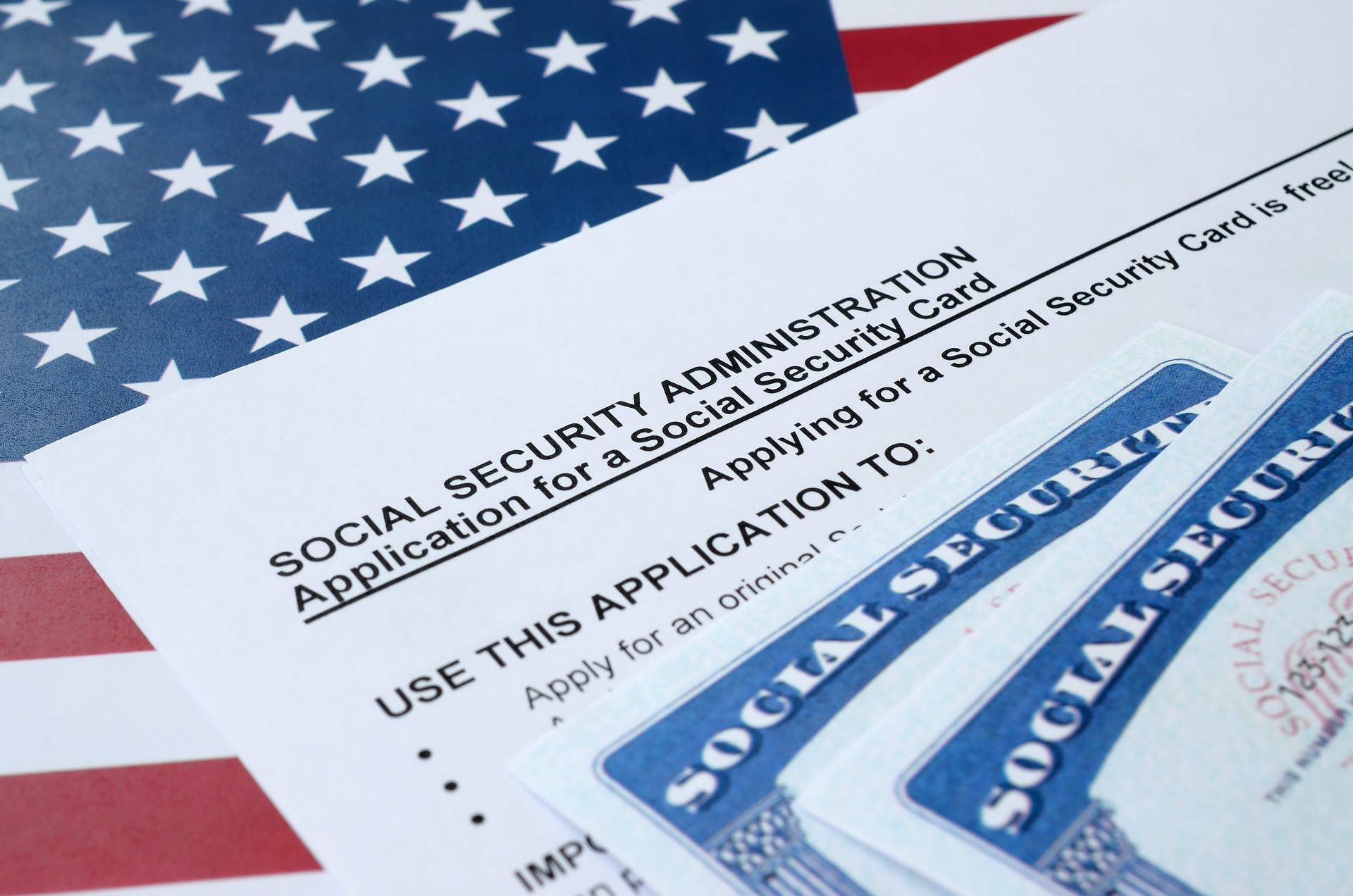
The 7 Biggest Tax Mistakes Americans Abroad Make (and How to Avoid a $10,000 Fine)
Introduction
Moving abroad is supposed to feel like freedom. New culture, new food, new adventures. But here’s what doesn’t change: the IRS still wants to hear from you.
Unlike most countries, the U.S. taxes citizens no matter where they live. That means even if you’re living in Lisbon or running a business in Bangkok, you still have U.S. tax obligations. Ignore them, and you could be facing penalties of $10,000 or more.
Let’s break down the seven biggest expat tax mistakes Americans make — and how to stay out of IRS trouble.
1. Thinking You Don’t Have to File Taxes
Many expats assume that once they’ve left the U.S., their tax obligations end. Unfortunately, U.S. citizens and green card holders are still required to file a federal tax return if their income is above the standard threshold ($14,600 for single filers in 2025).
✅ Pro tip: Always file, even if you owe nothing. Filing keeps you compliant, protects Social Security credits, and prevents future IRS issues.
2. Forgetting About FBAR (Foreign Bank Accounts)
If you hold more than $10,000 total across foreign bank accounts, you must file an FBAR (Foreign Bank Account Report).
Penalty for not filing? Starts at $10,000 per year.
✅ Pro tip: Track your balances across all foreign accounts. File electronically through FinCEN each year.
3. Misusing the Foreign Earned Income Exclusion (FEIE)
The Foreign Earned Income Exclusion (Form 2555) lets you exclude up to $126,500 (2025) from U.S. taxes. But you must qualify by either:
- Spending 330 full days abroad in a 12-month period, or
- Establishing bona fide residence in another country.
Mess this up and your exclusion gets denied.
✅ Pro tip: Keep travel records, visas, and proof of residence. If you’re short on days, don’t try to fudge it — the IRS does check.
4. Skipping the Foreign Tax Credit (FTC)
If you pay taxes in your host country, you can usually claim a credit on your U.S. return using Form 1116. This prevents double taxation.
Expats often rely only on FEIE, missing out on bigger savings from the FTC.
✅ Pro tip: Run both FEIE and FTC scenarios. High-tax countries (like France, Germany, Denmark) usually favor the FTC.
5. Ignoring Foreign Retirement Accounts
That pension plan in Canada or employer account in the UK? The IRS doesn’t automatically treat it like a U.S. retirement account. In some cases, it’s taxed annually.
✅ Pro tip: Check whether your host country has a tax treaty that protects pensions. If not, report growth annually to avoid problems later.
6. Overlooking Businesses and Foreign Investments
Foreign corporations, partnerships, and funds often trigger extra reporting:
- Form 5471: For foreign corporations.
- PFIC rules: Apply to many foreign mutual funds/ETFs.
- Form 8865: For foreign partnerships.
Miss these, and the IRS penalties add up quickly.
✅ Pro tip: If you own more than a bank account abroad, assume reporting is required. Document everything.
7. Waiting Until the Deadline
Expats get an automatic extension to June 15, with a final extension to October 15. But interest on taxes owed starts April 15.
Procrastination often leads to mistakes, missing forms, or outright non-filing.
✅ Pro tip: Mark all three dates (April 15, June 15, October 15). If you’re behind, use the IRS Streamlined Filing Program to catch up without penalties.
Quick Expat Tax Checklist
- ✅ File your U.S. tax return annually.
- ✅ Report foreign accounts if balances exceed $10,000.
- ✅ Use FEIE and/or FTC strategically.
- ✅ Disclose pensions, investments, and foreign businesses.
- ✅ File early to avoid interest and last-minute chaos.
Conclusion
Most expats don’t get fined because they’re trying to cheat the system. They get fined because they didn’t know the rules.
The good news? With the right strategy, you can avoid double taxation, stay compliant, and keep your money where it belongs — funding your expat lifestyle, not IRS penalties.
If this feels overwhelming, you don’t have to go it alone. Get professional guidance, organize your documents, and stay ahead of deadlines.
Living abroad should be about adventure, not anxiety. Handle your taxes right, and you can keep it that way.
“Still confused about FBAR, FEIE, or whether you’re double-taxed? Reach out to TaxSpectra.com to discuss tax strategy.
Stay Ahead of Tax Season
Join the EdgeLetter our monthly newsletter with quick tax tips, expat deadlines, and freelancer reminders.
.png)
.png)


























.png)